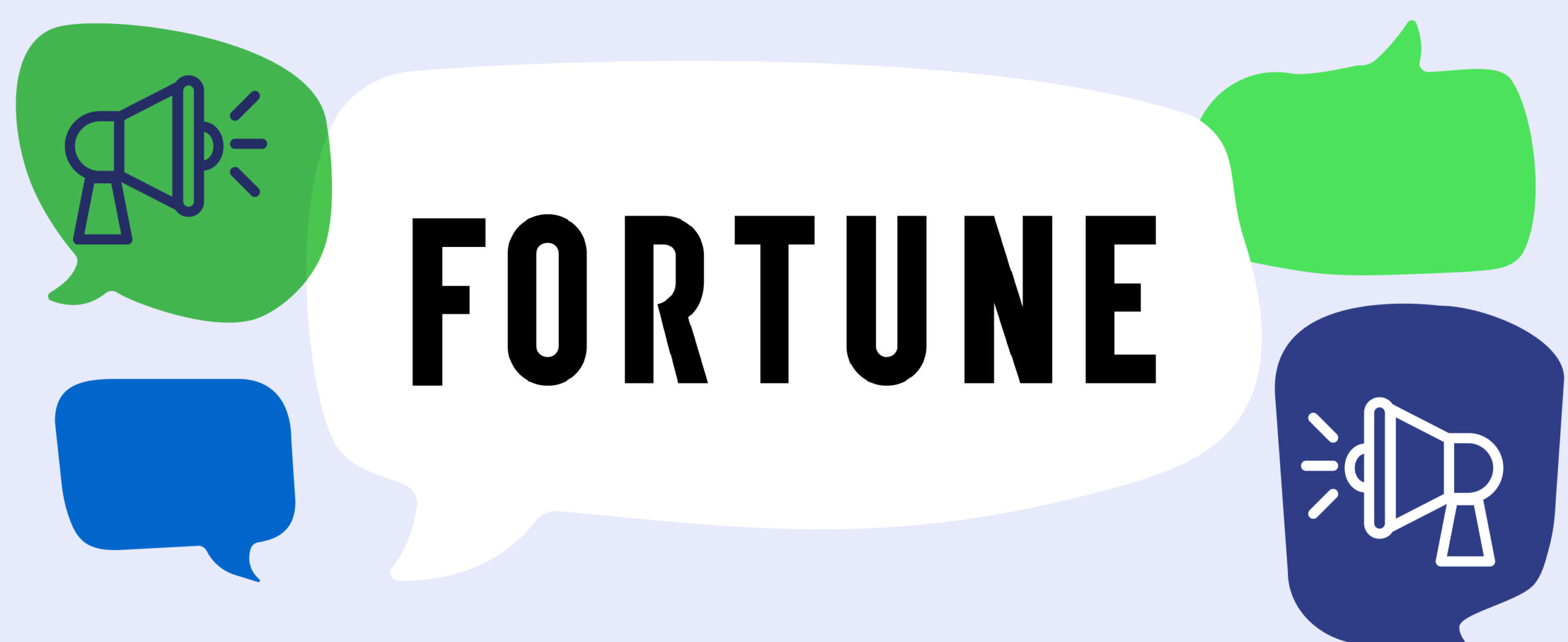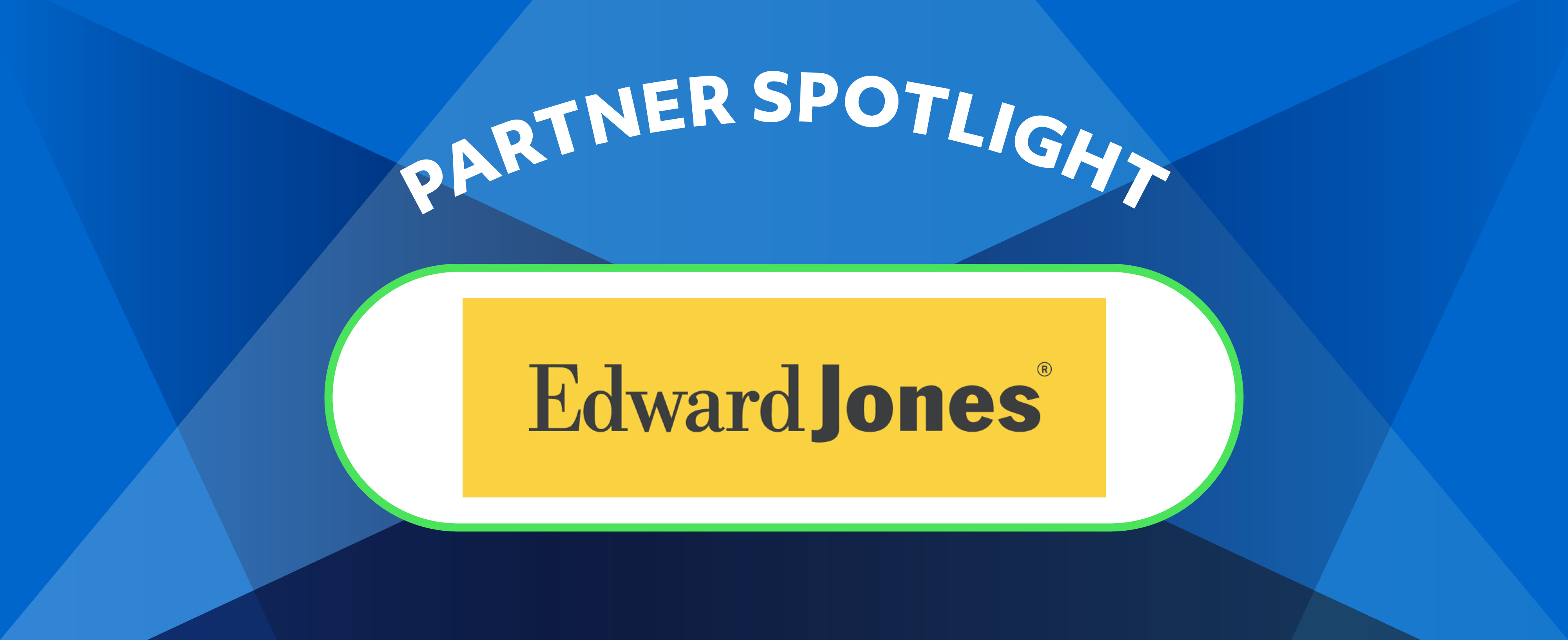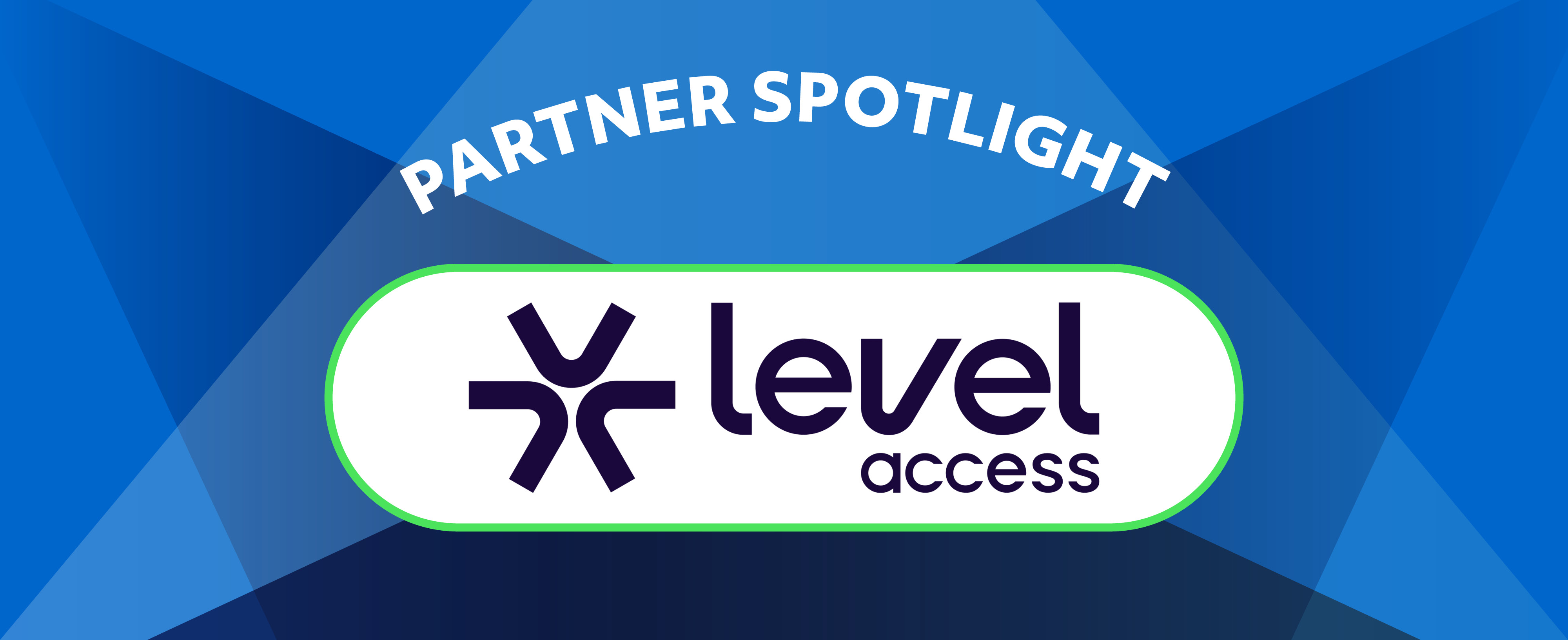Skip to Main Content
How Disabled Workers and Directors Drive Creativity and Innovation



By Matt O'Grady June 26, 2024
The Great Resignation and quiet quitting may have faded as watercooler topics, but companies worldwide continue to face a severe labor crunch. The need to reduce turnover and keep workers motivated has never been more important.
Yet one of the greatest sources of engaged, loyal, and talented workers—those living with a disability—remains woefully underutilized. In the European Union, 51% of active, working-age people with disabilities have paid employment.
In the U.K., it’s marginally better at 54%. And in the United States, just 37% (ages 16 to 64) have gainful employment.
It’s an issue that has animated Ted Kennedy Jr.—son of Ted Kennedy and nephew of John F. Kennedy—for most of his (very public) life. “Losing my leg to cancer at 12 was really the defining moment in my life,” says the 62-year-old healthcare attorney.
“I got involved in disability rights right after college and was appointed by Ronald Reagan to serve on the President's Committee on Employment of People with Disabilities back in the 1980s. That's how long I've been involved with this issue.”
Kennedy is currently working with Disability:IN as co-chair of the Disability Index (DI), a benchmarking tool that scores and tracks businesses on their disability inclusion policies and practices; nearly half of the Fortune 500 have signed on.
They’ve also launched a campaign to accelerate the number of people with disabilities in boardrooms—hoping to expand board definitions of diversity while modernizing nomination and governance committee charters. In the 2023 Disability Equality Index, just 7% of participating companies included board candidates with disabilities in their definition of diversity.
With new rules in the European Union requiring that businesses report on their practices for disability inclusion, however, that number is likely to rise.
Innovation through inclusion
Ellyn Shook has been fighting for more inclusion of disabled workers at both the board and management level for over a decade.
As Accenture’s chief leadership and human resources officer, Shook guides the talent practices for the global IT and consulting giant, which has over 700,000 employees around the world.
“One of the biggest questions we face is: How do you access talent?” says Shook. “There are 1.3 billion people, or 16% of the total population in the world, that have an apparent or non- apparent disability. You don't want to exclude 16% of the population from your talent pool.”
According to a benchmark report from Accenture, companies that lead on key disability inclusion criteria realize 1.6 times more revenue, 2.6 times more net income, and two times more economic profit than other participants in the survey.



